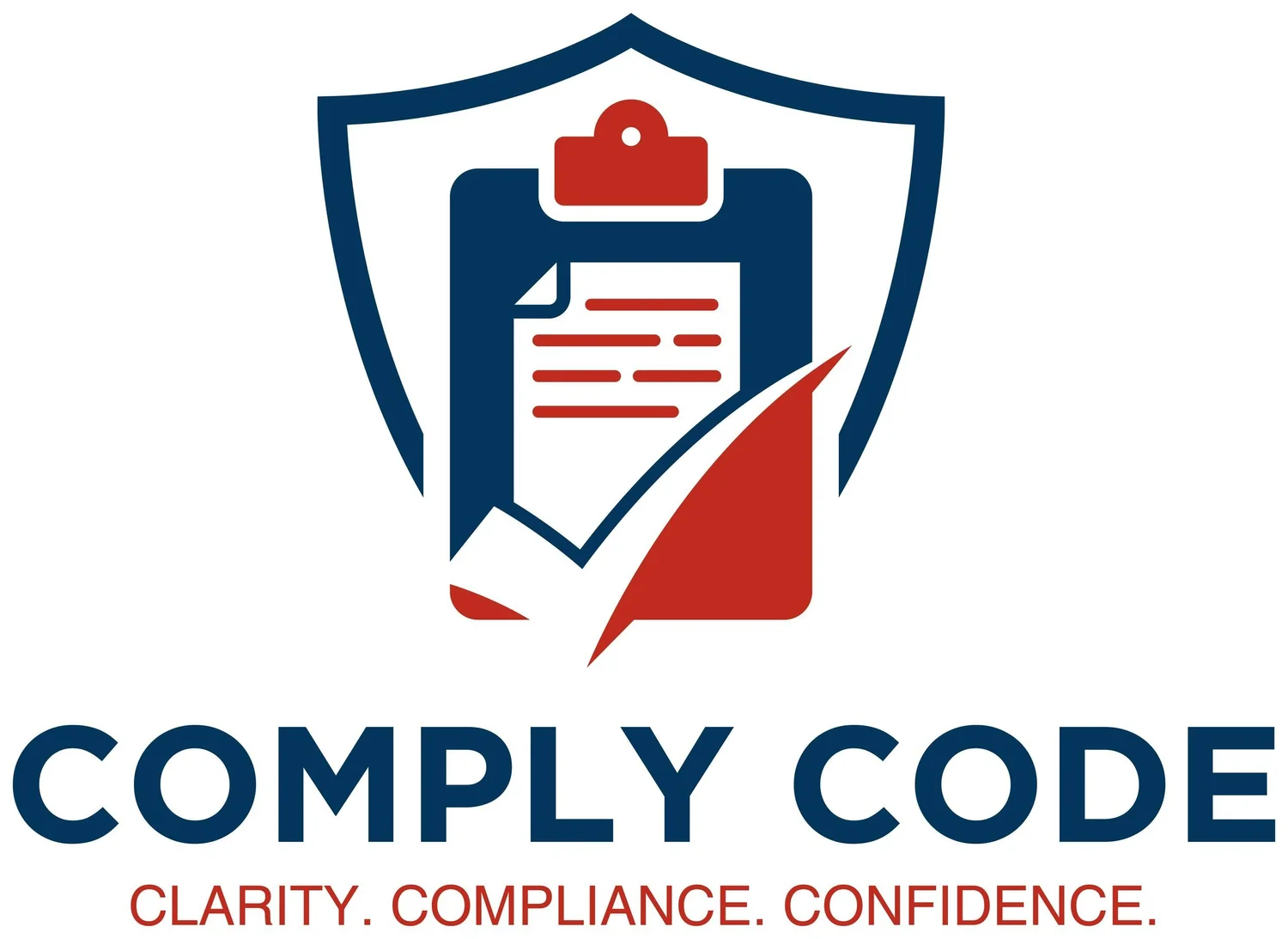
5 Ways Tariffs + FDA Regulations Are Costing Importers Thousands — and How to Avoid It
Importing regulated products like food, dietary supplements, vape devices, or medical goods? You're not just paying for freight and customs clearance — you're walking straight into a maze of tariffs and FDA regulations that could quietly drain your profits if you're not careful.
Here's how it happens — and how to stop the bleeding before your next shipment lands.
1. Tariffs Increase — and No One Tells You
Tariff rates can change overnight, especially for products coming from high-trade-volume regions like China, India, or Mexico. A vape device that used to carry a 5% duty can jump to 25% without warning. Brokers may not always flag it, and you're the one left footing the bill.
The fix: Know your HTS codes. Stay current on U.S. trade policy. Or better yet, work with a compliance consultant who tracks this for you.
2. FDA Holds Your Product Because the Paperwork Isn’t Ready
Tariff stress is bad enough — now imagine your shipment gets flagged for missing or incomplete FDA documentation. Prior Notice, FSVP, labeling errors — all of these can trigger delays and inspections, with warehousing fees piling up daily.
The fix: Make sure every shipment is FDA-ready. That includes having a valid FSVP, clean labeling, and all required documentation BEFORE your container leaves port.
3. Your Supplier Changed Ingredients — Which Changed Your Tariff Code
This one hits harder than most expect. If your overseas supplier tweaks an ingredient, your product may now fall under a different HTS classification — which carries a different tariff rate. And if you don’t catch it, CBP will.
The fix: Reassess your HTS classification whenever a supplier changes ingredients, materials, or packaging. It's your responsibility — not theirs.
4. You Thought You Didn’t Need an FSVP — But You Do
Many importers believe FSVP rules only apply to major corporations. In reality, if you’re importing human or animal food into the U.S., you must comply — or face warning letters, import holds, and potentially, a permanent Import Alert.
The fix: Develop a compliant Foreign Supplier Verification Program now. It’s not just about having one on file — it has to meet FDA standards and be available for review.
5. You Think Your Broker Has You Covered — They Don’t
Customs brokers can be helpful, but they are not responsible for FDA compliance or tariff classification strategy. If they file your documents incorrectly or overlook changes, you pay the price.
The fix: Pair your broker with a compliance expert who understands the intersection of tariffs and FDA regulation. This is about protecting your business — not just getting goods through the gate.
Final Word: Don’t Wait for a Crisis
Most of the importers we help come to us after they’ve received a warning letter, seen a shipment held, or taken a financial hit from unanticipated tariffs.
The smart ones come before that.
**💡 Not sure if your FSVP or tariff codes are compliant?**
Thousands of dollars can be lost in a single shipment delay — and most of it is preventable.
Let’s review your process before the next container lands.
**No pressure. No legal fees. Just real help.**
